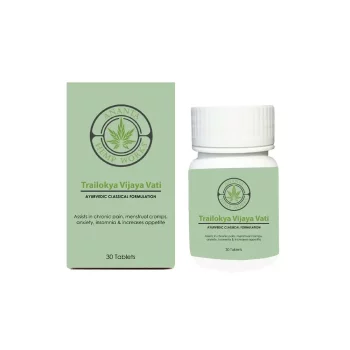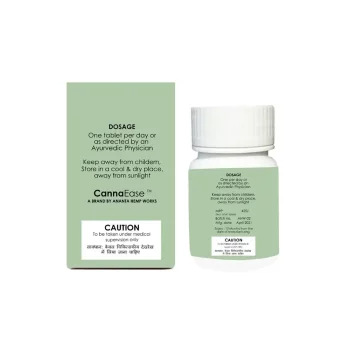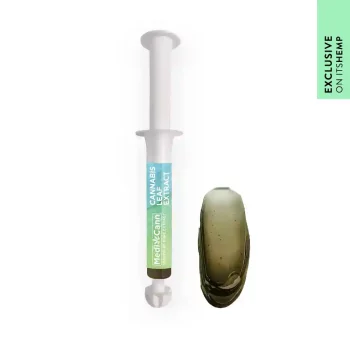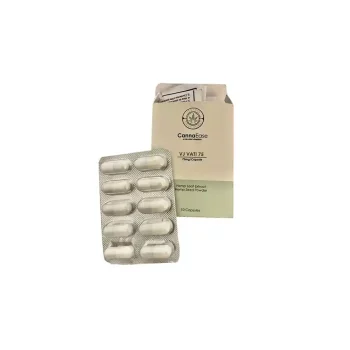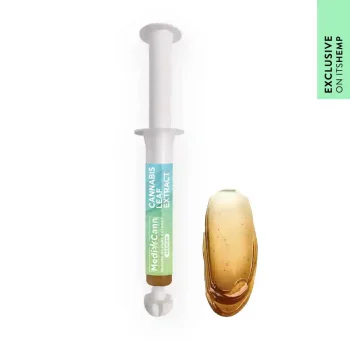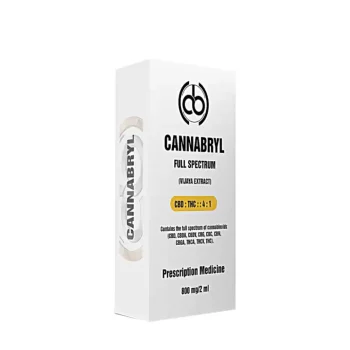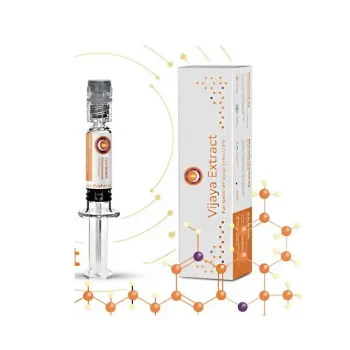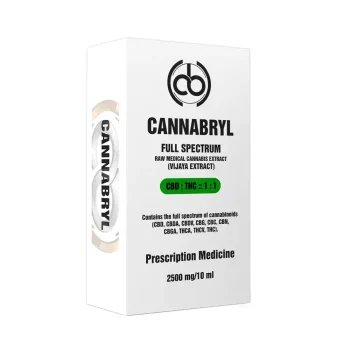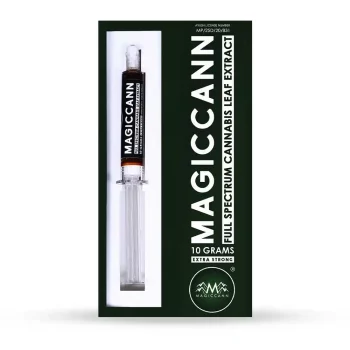Showing 1–12 of 46 results
What is Huntington’s disease?
Huntington’s is a rare, genetic, neurodegenerative disorder. It affects the mind, body and movement. Huntingto’s disease causes functional disability, difficulty in movement and motor control, cognitive and psychiatric dysfunction. Its average age of onset is 30-50 years and is it occurs before 20 years of age, it is called juvenile Huntington.
Huntington’s disease causes the neurons in the brain to degenerate, break down and die.
Symptoms of Huntington
- Difficulty in maintaining balance while walking
- slowed speech, walking and movement
- Chorea(dance-like movements)
- Akinesia(rigid posture)
- Dystonia(unusual fixed postures)
- problems with swallowing, eating, speaking, and especially walking
What Causes Huntington?
HD is caused by a mutation in the gene for a protein called huntingtin. The defect causes the building blocks of DNA called cytosine, adenine, and guanine (CAG) to repeat abnormally.
People who have fewer than 27 CAG repeats in their HD gene, do not develop HD disease. People with CAG repeats in the range of (27 to 35) are not likely to develop the disease, but they could pass it on to future generations. People with 36 or more CAG repeats develop Huntington’s disease.
How does CBD Oil help with Huntington’s?
Cannabis contains compounds called cannabinoids, such as tetrahydrocannabinol (THC) and cannabidiol (CBD), which can interact with the body’s endocannabinoid system (ECS). The ECS plays a crucial role in regulating many bodily functions, including mood, appetite, and movement.
CBD is well-known for its pain-relieving effects. Researchers believe that these effects primarily come down to CBD’s effects on the brain. CBD may interrupt the nerve pathways that send signals of pain between the brain and the rest of the body. CBD’s anxiolytic properties reduce the levels of stress and anxiety in the body. CBD also helps with depression by altering the way the body reacts to the existing serotonin levels.
Research on the benefit of Cannabis for Huntington
A systematic review by literature search through PubMed and EBSCO electronic databases was conducted for relevant studies reported after 2002 on the effects of medical cannabis use on tremor, spasm, spasticity, chorea, sleep quality and HD-specific rating scales.
Results: A total of 22 studies were reviewed. There was strong evidence to indicate a significant improvement in the neurologic symptoms of spasms, tremors, spasticity, chorea, and quality of sleep following treatment with medical marijuana. Specific motor symptoms were analysed which revealed significant improvement in tremors and rigidity. Furthermore, all pre-treatment and post-treatment measures indicated a significant increase in the average number of hours the patient slept.
Potential Benefits of CBD Oil for Huntington’s
- Pain Relief: The pain-relieving properties of CBD are well-known. CBD is anti-inflammatory in nature and works to reduce inflammation throughout the body, significantly decreasing pain.
- Reduced Tremors: A small study from 1986 suggests that CBD can help ease muscle movements in patients with diseases like Parkinson’s.
- Better Mental Health: CBD’s anxiolytic properties reduce the levels of stress and anxiety in the body. CBD also helps with depression by altering the way the body reacts to the existing serotonin levels.
- Improved Motor Coordination: It also encourages the efficiency of the body’s basic cognitive processes such as attention, motor coordination, and memory.
- Better Sleep: CBD is well-known for its benefits for sleep disorders such as insomnia and RBD. Regular use of CBD oil can help regulate the sleep cycle in patients.
- Reducing Chorea: In a small clinical trial, patients who were given a THC/CBD spray experienced a significant reduction in chorea compared to those who received a placebo.






